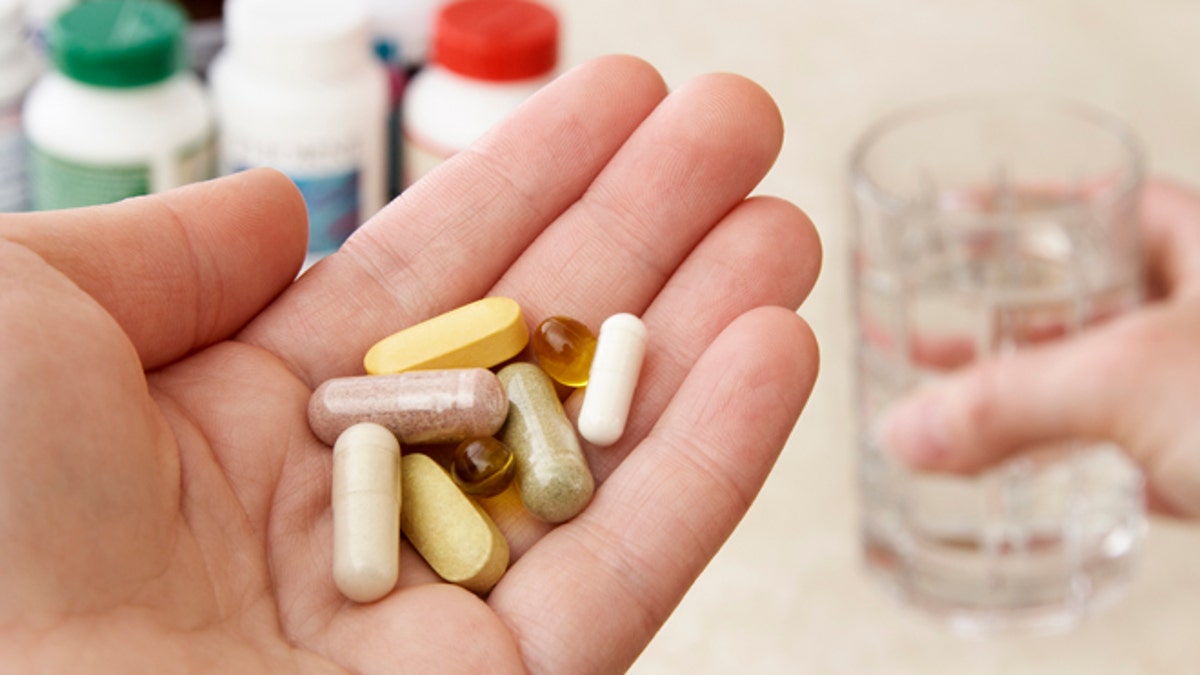
Every day, I see new patients in my office who are either pregnant or thinking of getting pregnant, and after I go through my normal Q&A, I’m always shocked by the answers I get to this question: “What medications are you taking?”
Typically, I’m interested in medications that relate to some underlying medical condition such as diabetes, hypertension or heart disease. But after going through some of their answers, I am always shocked to see the carry-on bags many patients bring along to show me of all the supplements that they’re taking as well. Sometimes they number in the dozens.
I see everything from vitamins and minerals to herbal “cures,” that these individuals have somehow fallen prey to by either by Googling them, watching a TV commercial or program, or perhaps even being referred by a quack health care provider who led them to believe these supplements are the key to longevity.
Let me give it to you straight: Vitamins and supplements are not going to make you healthier. As a matter of fact, a recent large-scale study which was presented at the American Association for Cancer Research (AACR) annual meeting found that that not only do over-the-counter supplements lack the potential for preventing cancer, but in some cases, taking more than the daily recommended allowance of certain supplements like folic acid, vitamin E and beta-carotene may actually increase your risk for the deadly disease.
Researchers analyzed 20 years of published studies on supplements and cancer risk. They looked at over 300,000 patients who, in various trials, took either a dietary supplement or a placebo over a 10-year period and concluded that taking more than the recommended amount of beta-carotene, known for improving immunity and protecting vision, increased the risk for lung cancer and heart disease by nearly 20 percent. An increased risk of developing prostate cancer was observed in men who took vitamin E supplements, and folic acid increased the number of colon polyps and breast cancer risk in some patients.
The scary thing is these vitamins are recognizable names. Can you just imagine the potential effects of all of the other herbal supplements out there that are being touted for their unproven potential to reverse aging and cure cancer?
Folks, life is very simple: If you eat a balanced diet, you will provide your body with all the nutrition and vitamins it needs to function. Yes, there are medical conditions which require people to take vitamin and mineral supplements, such as gastrointestinal abnormalities, iron-deficiency anemia, pregnancy and metabolic conditions. But for the average person, you may actually be putting your life in danger by relying on these products.
Recently, it was reported that a 21-year-old college student in the U.K. died after ingesting diet pills she bought online. These diet pills contained dinitrophenol (DNP), a highly toxic substance that essentially burned her cells from the inside out when her metabolism kicked into overdrive and her heart stopped. Another story of someone trying to find a quick solution to chronic problems online, and the outcome ending in tragedy.
Now, I am not saying that all supplements are bad— if you need to take vitamins or mineral supplements because a licensed medical professional who has examined your blood chemistry suggested it, then by all means, take them.
But if you’re trying to do this on your own because you saw something or read something that led you to believe they will improve your health, you need to know that you could be playing Russian roulette with your life. Remember, the over-the-counter supplement business is not very well regulated. And you know how well we regulate things in this country … so you can only imagine all the loopholes these supplement companies use to pitch a product.
The New York State Attorney General’s office recently made headlines when it settled a dispute with GNC stores for carrying herbal supplements that were falsely labeled, claiming they contained plant materials that were not detected in DNA testing. So basically these herbal supplements were full of fillers. How would you like to take chemical fillers every day? And spending your hard-earned cash on them, nonetheless.
So here’s the bottom line: Unless you need to take them for a medical problem, every time you feel the need to buy a supplement, take that money and donate it to a nonprofit medical research group. There are plenty out there looking for help.








































